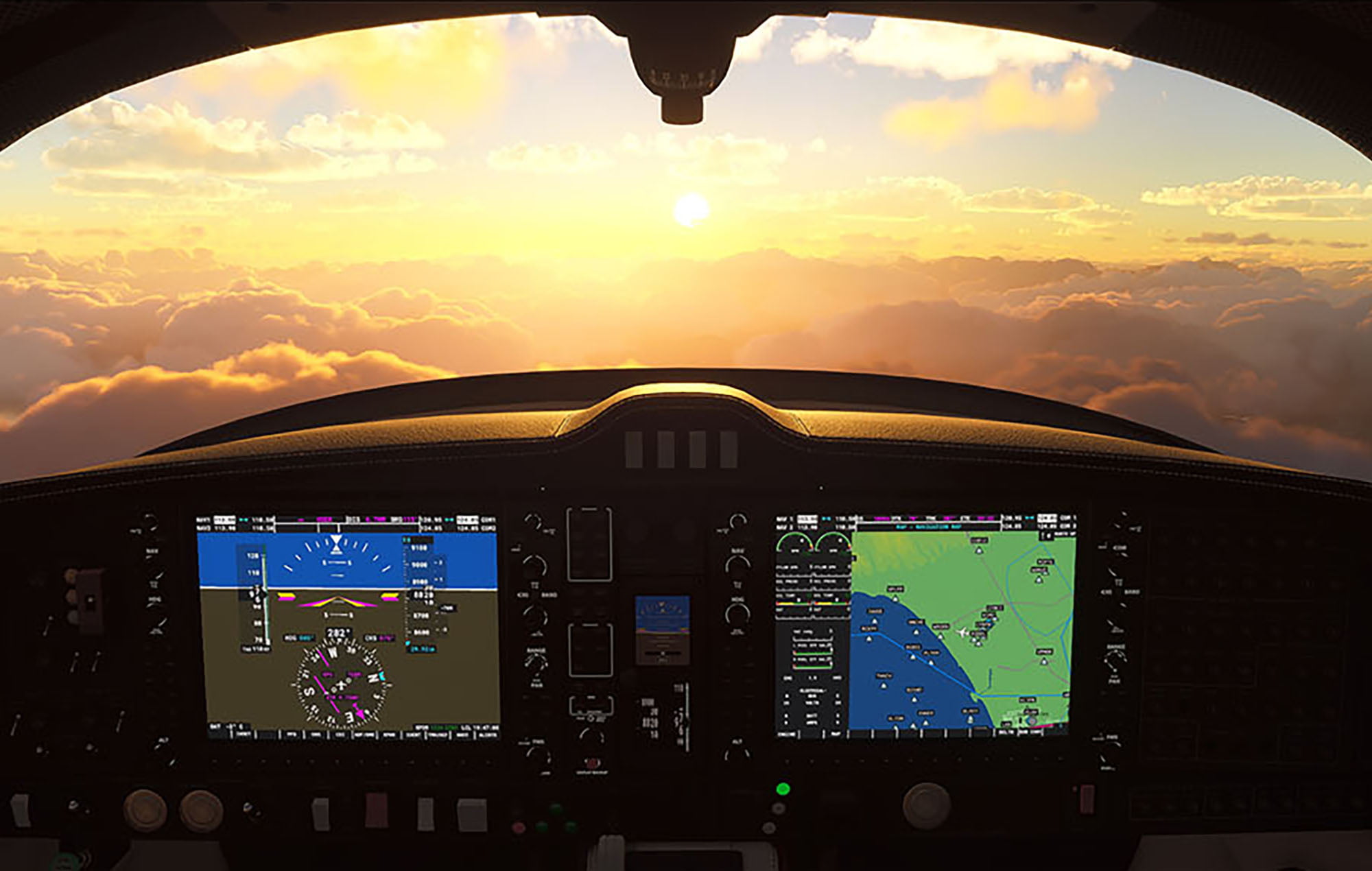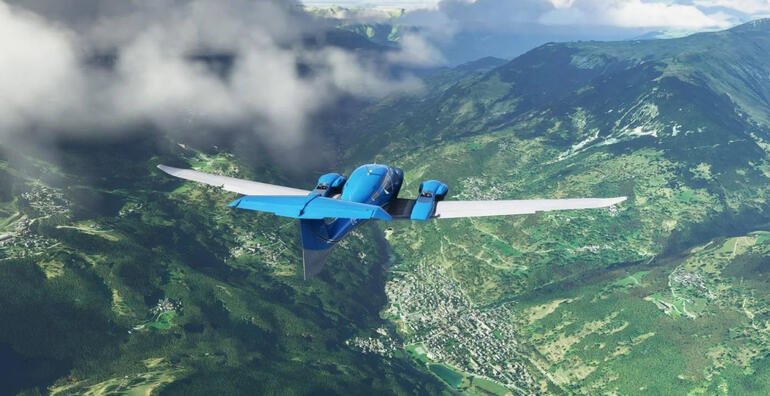Microsoft Flight Simulator VR will be launched on December 22nd. And we have good news for fans: any helmet and platform can be used.
Microsoft Flight Simulator VR is on its way and will be a great addition to everything already offered by a game that has brought back the flight simulator franchise fourteen years after the launch of the last installment, Flight Simulator X. Its arrival has had a great reception, great reviews with outstanding scores and breaking records in the Microsoft Game Pass.
- Microsoft Flight Simulator 2020 is the new Crisis
- Flight Simulator breaks all Microsoft Game Pass records
- Microsoft renames Xbox Game Pass: it’ll be “Game Pass”
The game is fantastic, there is no doubt, and opens a new era in a complicated genre to develop and sell. Virtual reality will bring another point of interest. With the launch of a closed beta, it seems that everything is ready for the launch of the Sim Update 2 with public support on December 22nd.

Until now only Windows Mixed Reality helmets were supported, Asobo’s executive producer, Martial Bossard, has confirmed that virtual reality support will be available for a much wider range than originally anticipated. “We are going to open the VR for everyone,” he said. “It will also be open to all devices, the Oculus family, Valve family, every family of headset is supported there.”
The game will be enhanced with updates that are already underway such as World Update 3 which will be released on January 26th and will focus on the UK by adding new benchmarks and points of interest. There will also be new challenges to complete, such as the latest World Update 2 focused on the United States.
Microsoft Flight Simulator VR, PC requirements
The minimum hardware requirements to run the virtual reality functions on PC do not go much beyond those of the game itself, although as in any demanding title the more you have the better.
- Operating system: Windows 10 (November 2019 Update – 1909)
- Processor: Intel i5-4460 or Ryzen 3 1200
- Graphics card: Nvidia GTX 1080 or equivalent (with 8GB VRAM)
- Memory: 16GB RAM
- Storage: 150GB available disk space
- Others: 5 Mbps broadband connection
- DirectX: DirectX 11
The requirements of this type of simulators used to be very high in the past and this has been maintained by Flight Simulator 2020 at least in some sections such as the available space. It is necessary to have 150GB in any of the configurations, recommending an SSD in the ideal specifications. It is necessary to host the great number of available maps and the high size of textures (up to 4K) that this realistic and detailed world demands.
Microsoft Flight Simulator VR will be launched on December 22nd and there is no doubt that it will bring a plus (especially in immersion) to the infinite possibilities of an outstanding game. If you are already playing it and have a virtual reality helmet, enjoy it!





